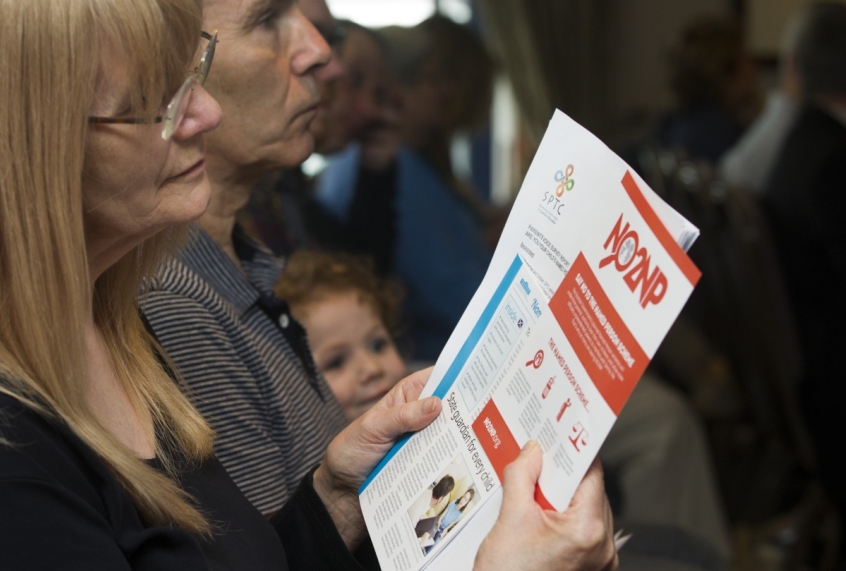
There is a palpable disquiet in Christian circles around a new mandate in Scotland for every child to have a state-appointed 'named person'.
This named person could be a school teacher, a health visitor or other state-approved figure who is not the child's parent. But whoever they are they will have the right to report concerns about a child's wellbeing to the authorities.
The issue some Christians have with this is how risks to a child's wellbeing will be defined. Could it cause problems for parents who raise their children to understand marriage as a union between one man and one woman? Would the named person think wellbeing was being compromised if parents put restrictions on their child's relationships with the opposite sex?
Religious liberty expert Elizabeth Kendal seems to think so.
"It can be imagined readily how this law could become a weapon in the hands of anti-Christian elements, of state guardians with agendas and of all manner of social engineers," she writes on her blog.
"This law will turn state employees into informants to enforce state ideology and conservative Christian parents will be powerless to prevent it. The law is wide open for abuse.
"Whilst currently it may not look like a religious liberty issue, the way is open for it to become one."
Others share her concerns. On Monday, the Christian Institute, CARE and the Scottish Parent Teacher Council among others, launched a new campaign, NO2NP, to oppose the named person scheme.
The campaign is concerned about the rights of the named person to raise concerns with authorities and "advise" or "inform" the child concerned directly.
So concerned is the NO2NP group that it is mounting a legal challenge costing £30,000 "in defence of family life against state intrusion". Part of its case will claim that the scheme contravenes the European Convention on Human Rights, particularly Article 8 guaranteeing the right to "respect private and family life".
The Christian Institute's Colin Hart did not hold back in describing the legislation as a "monstrous invasion of family life".
"It offers the state unbridled access into the living rooms of every family in the country, reducing and diluting the roles of ordinary parents and intruding on their fundamental rights to a private family life," he said.
Scotland's Minister for Children and Young People, Aileen Campbell, has sought to allay concerns by presenting the scheme as a "boost" for children's wellbeing.
Writing in the Scottish Herald in March, she insisted that "nothing in the legislation changes parental rights and responsibilities".
"I've been consistently clear that parents and carers, with a very few exceptions, are the best people to raise their children," she said.
She went on to refute claims that named persons would be expected to instigate investigations into a child or family based on "mere concerns".
From her perspective, it is about early intervention in cases of serious concern.
"By responding to needs and risks more quickly, problems are less likely to escalate, meaning there are fewer vulnerable children," she wrote.
Her assurances do not appear to have quietened the alarm felt by Christians and others. Chairing the conference that launched NO2NP was Abertay University sociologist Dr Stuart Waiton who said those behind the legislation appeared to have "little or no comprehension about the importance of autonomy and privacy for family life".
The campaign group's cause was picked up by the Scotsman newspaper, which wrote unfavourably of the named persons scheme in its own editorial.
"That these opponents ... are willing to pay for a £30,000 court action aimed at securing a ruling that the politicians have exceeded their powers testifies to the depth and seriousness of their opposition," the newspaper wrote.
"For laws to work well, they must have public consent. It is becoming clear neither the public not the professionals who are supposed to implement this law accept it. It should be scrapped."
The scheme is due to be implemented by 2016.













